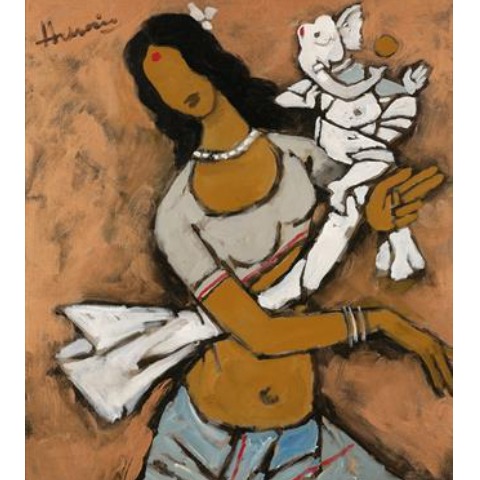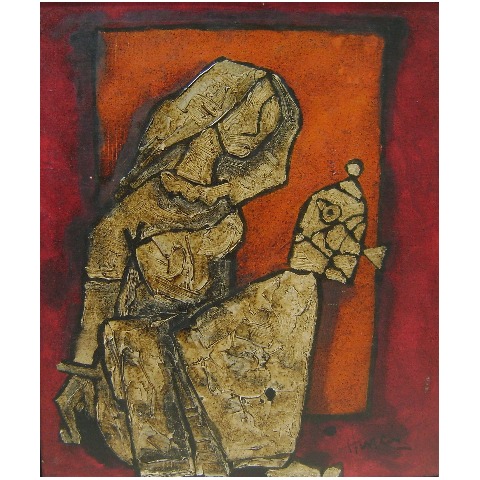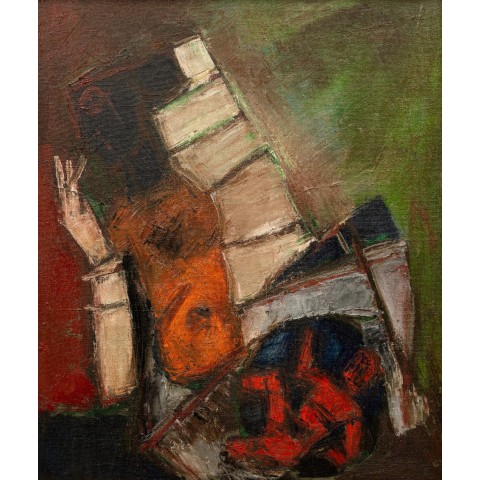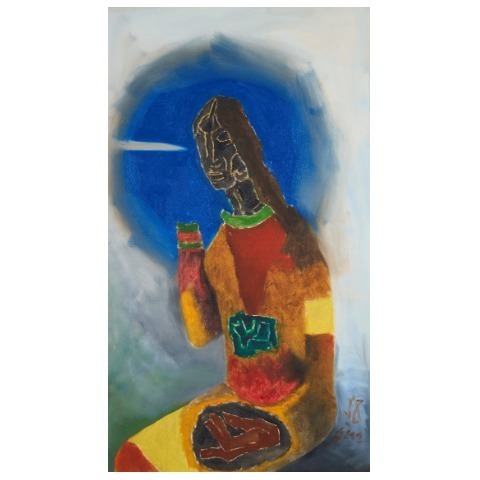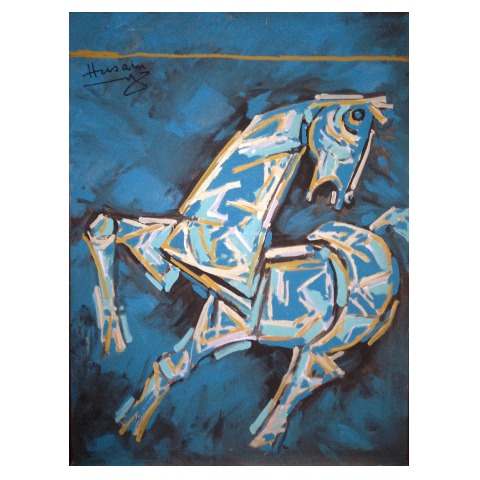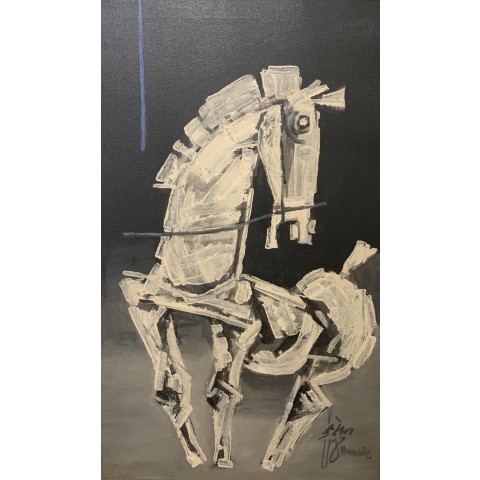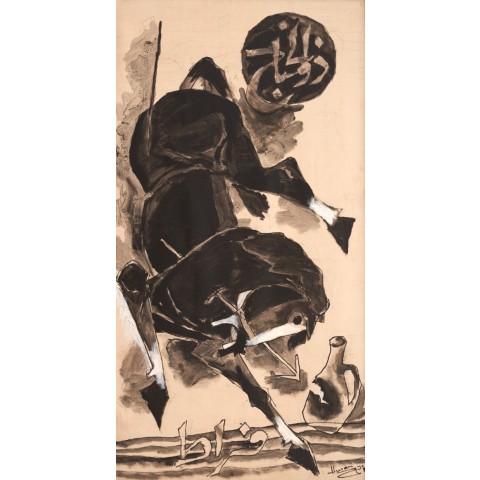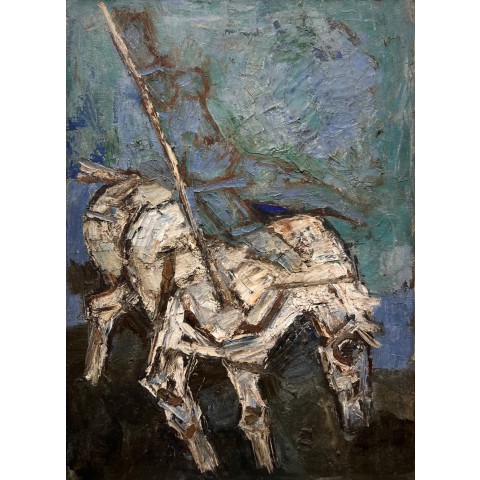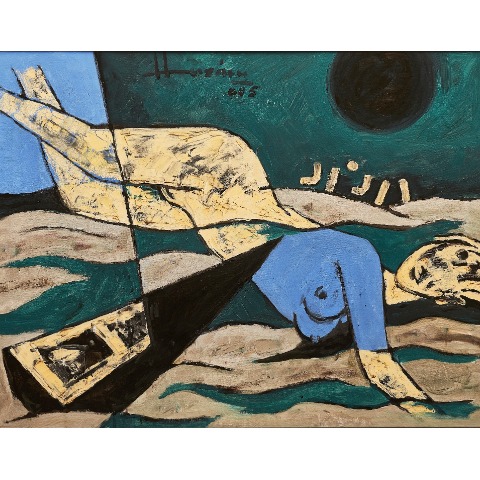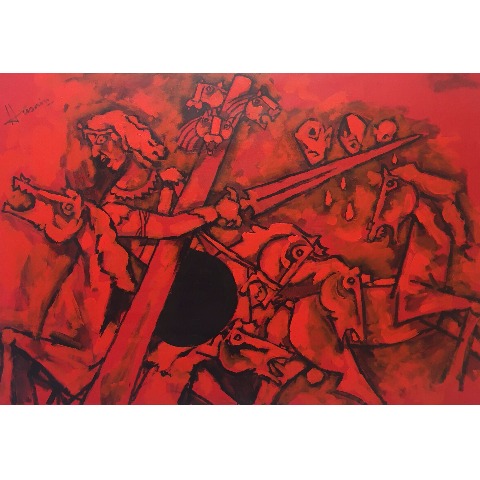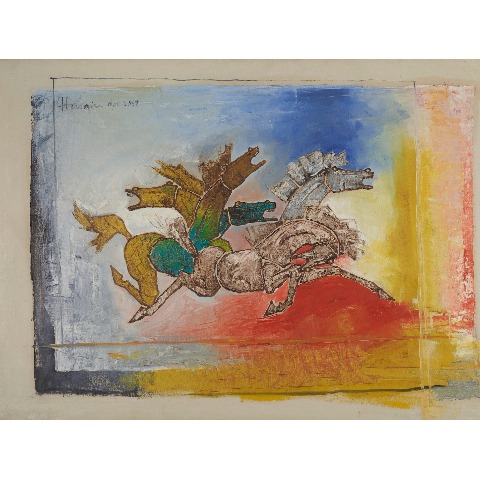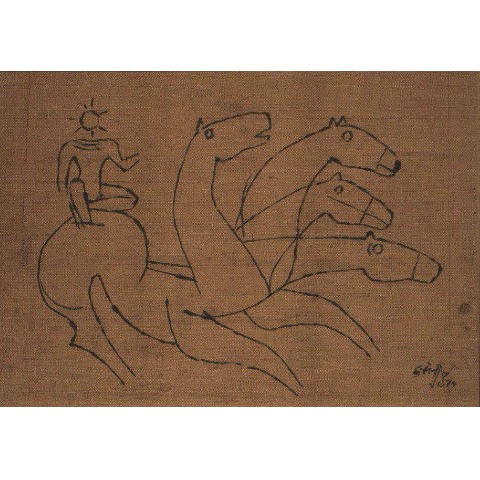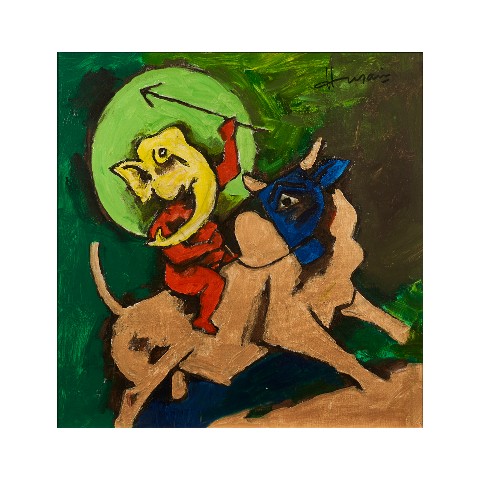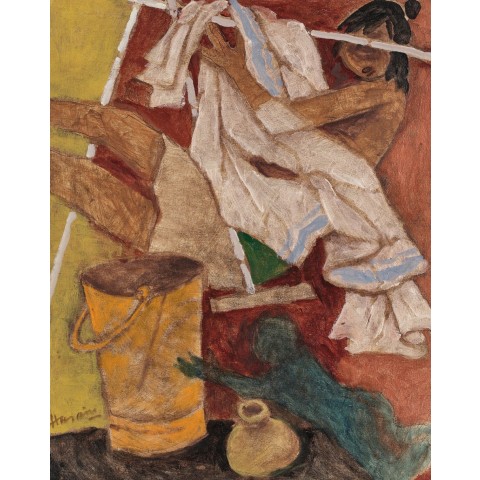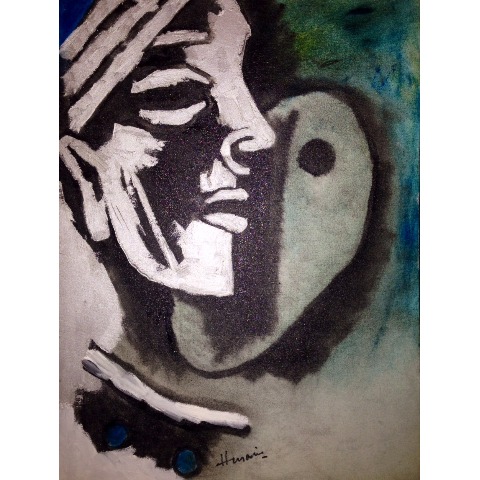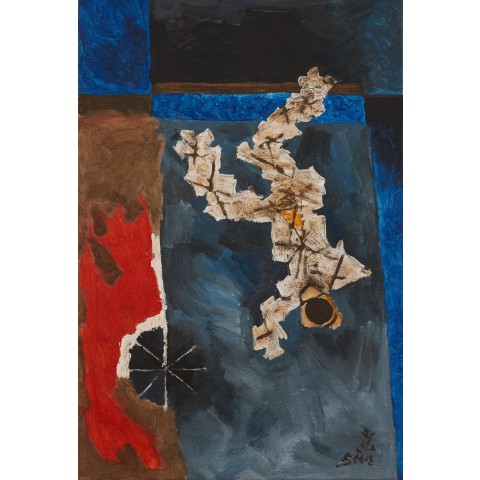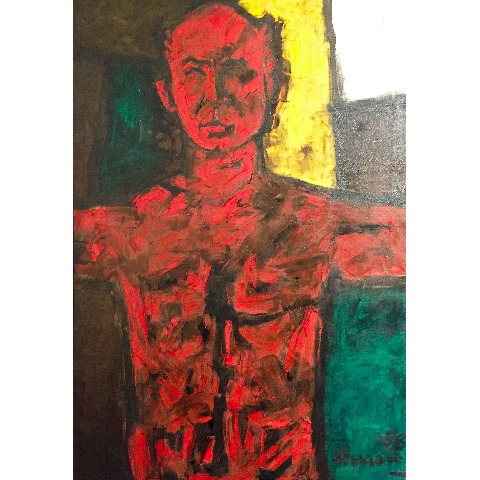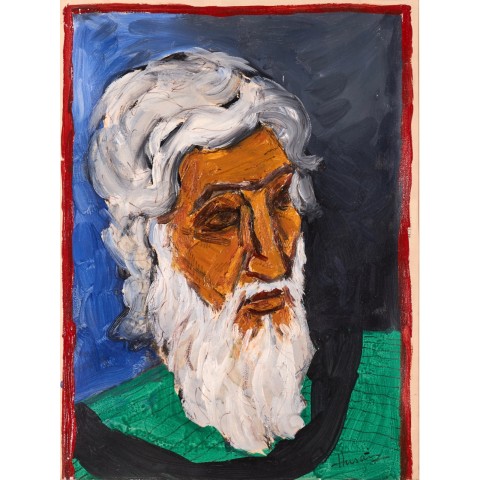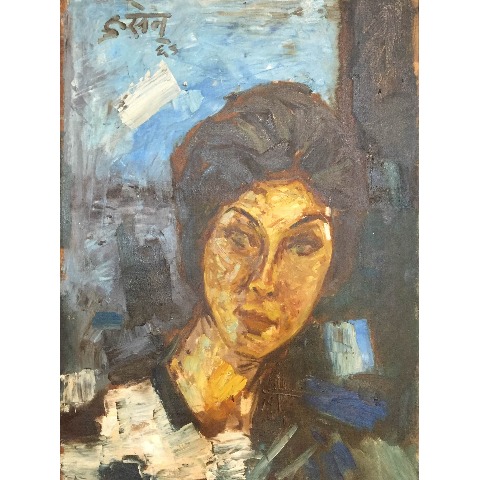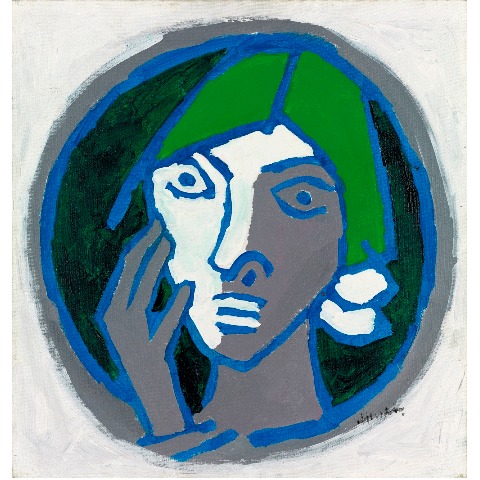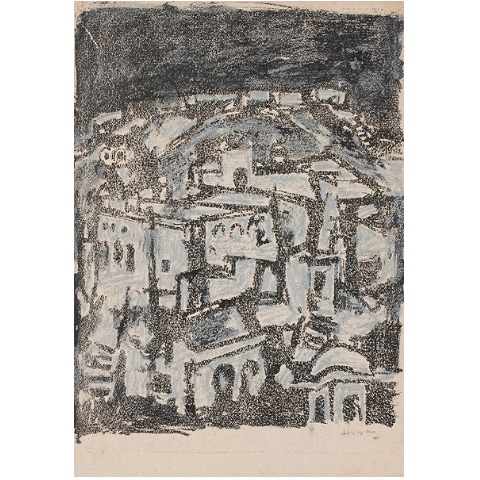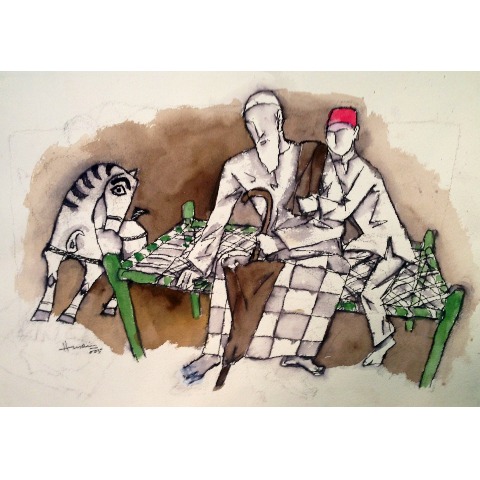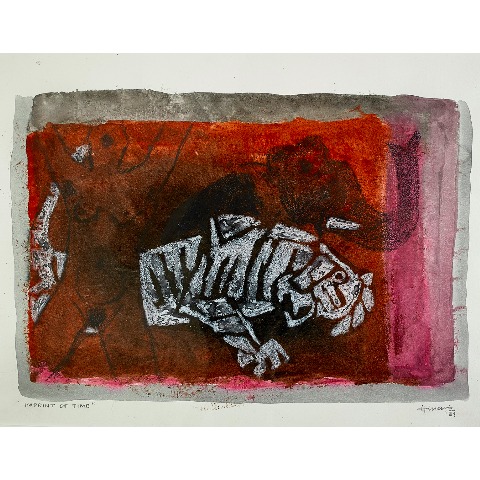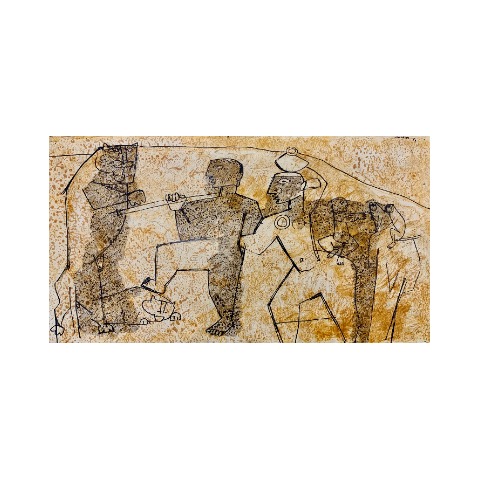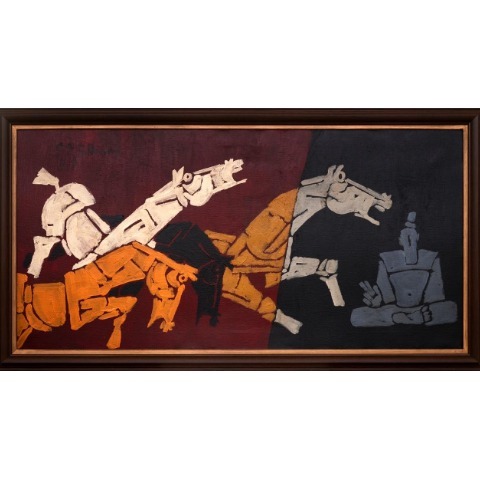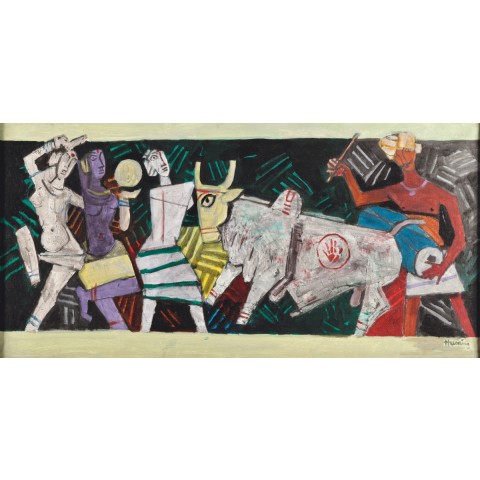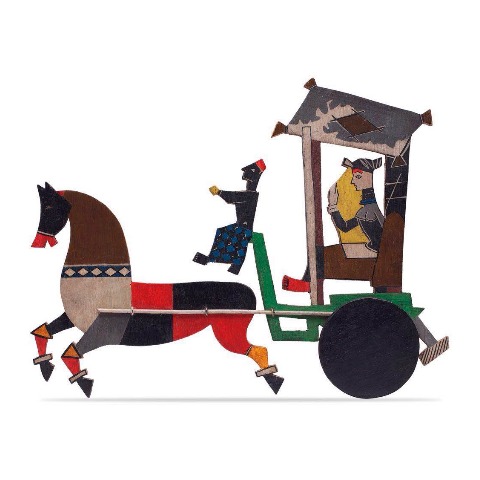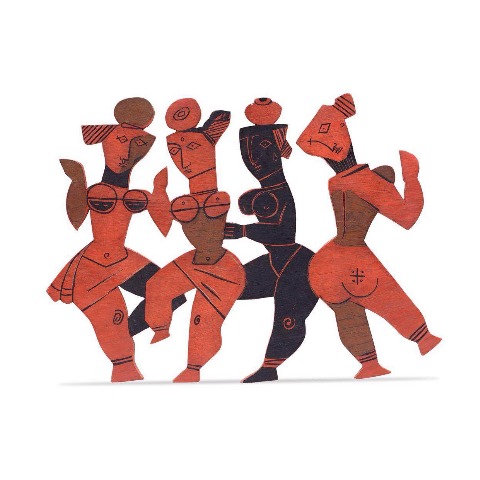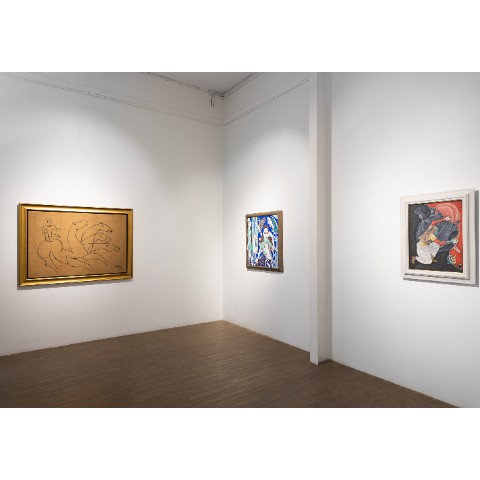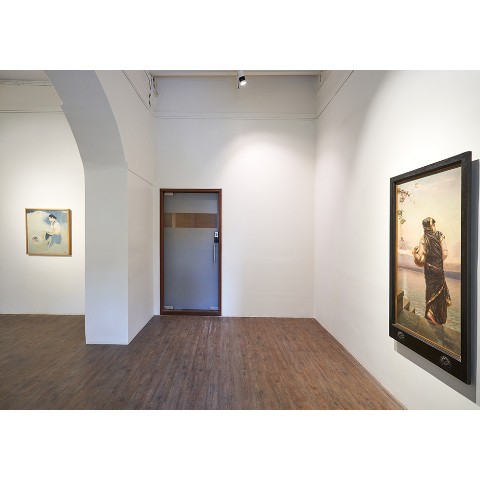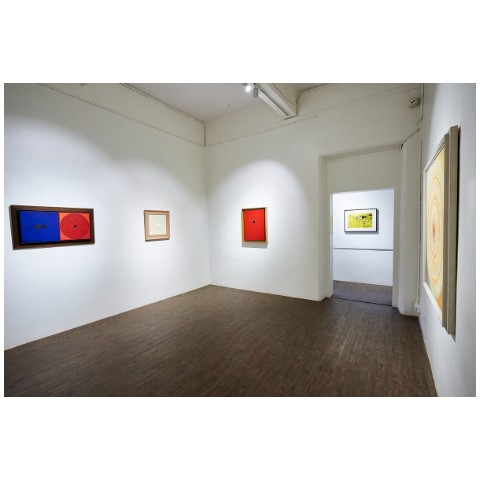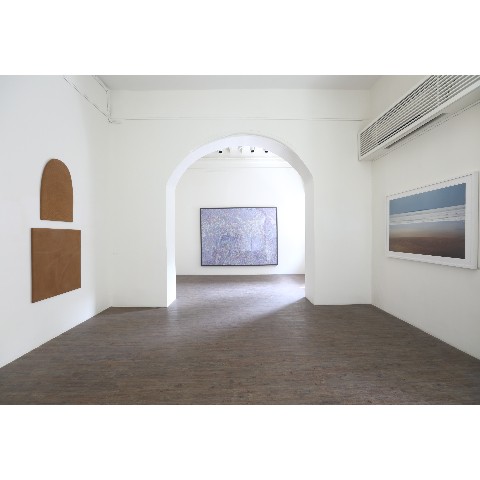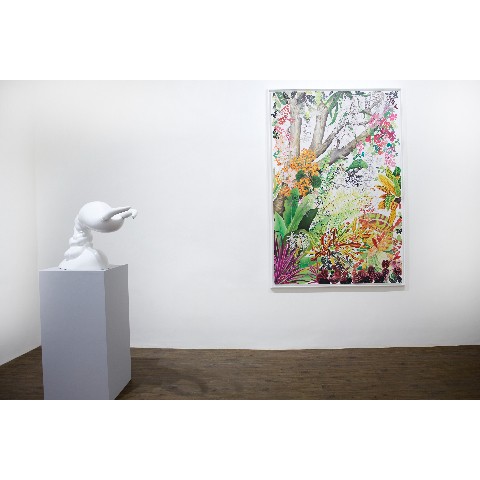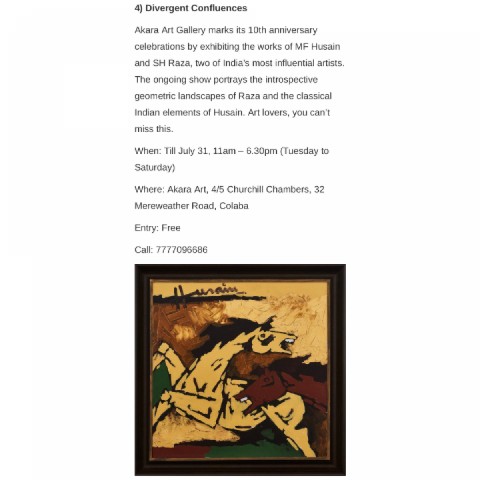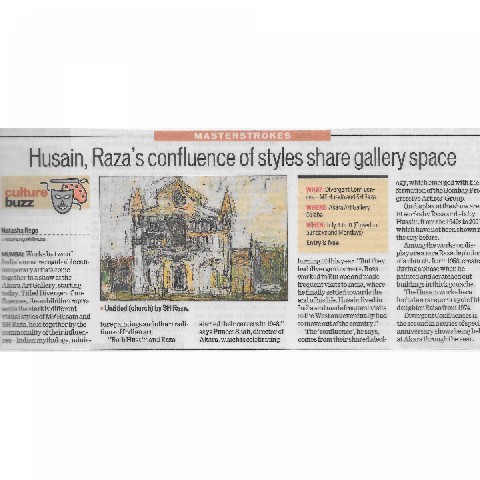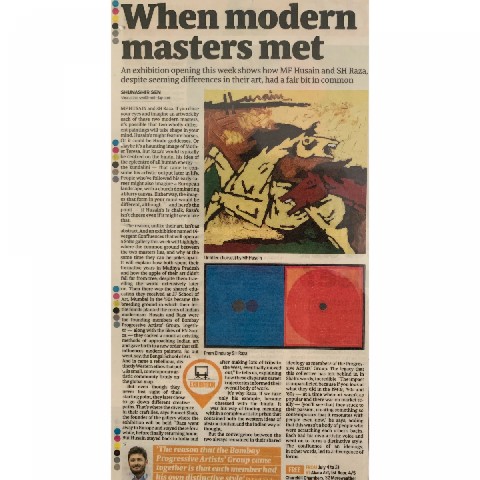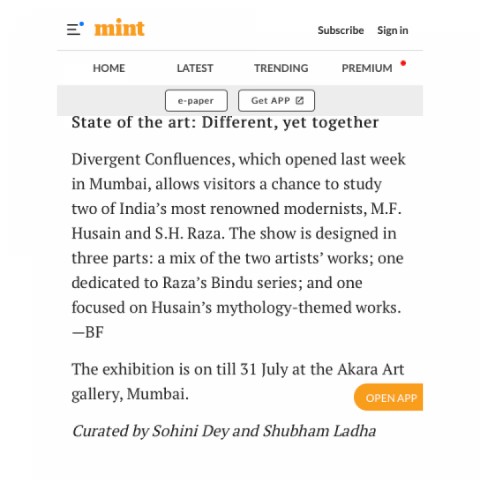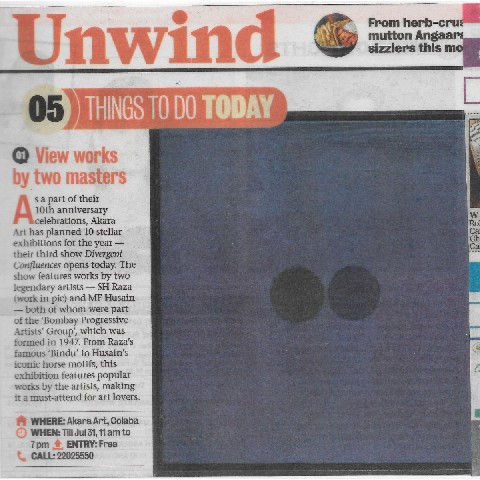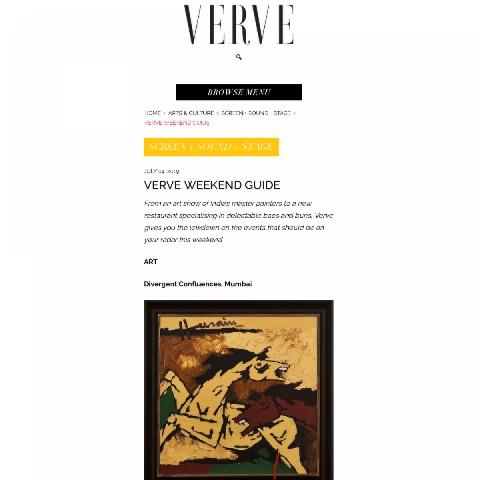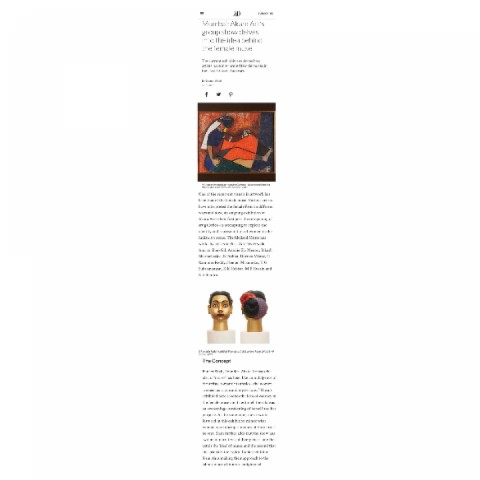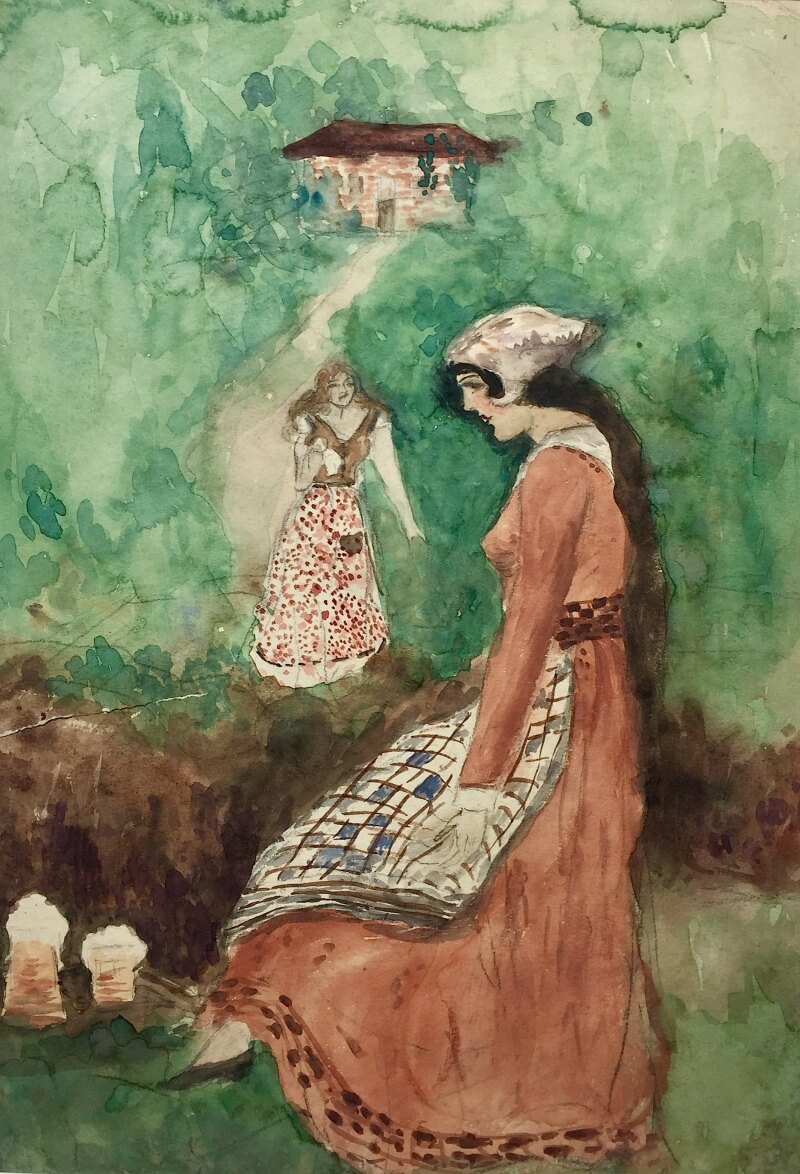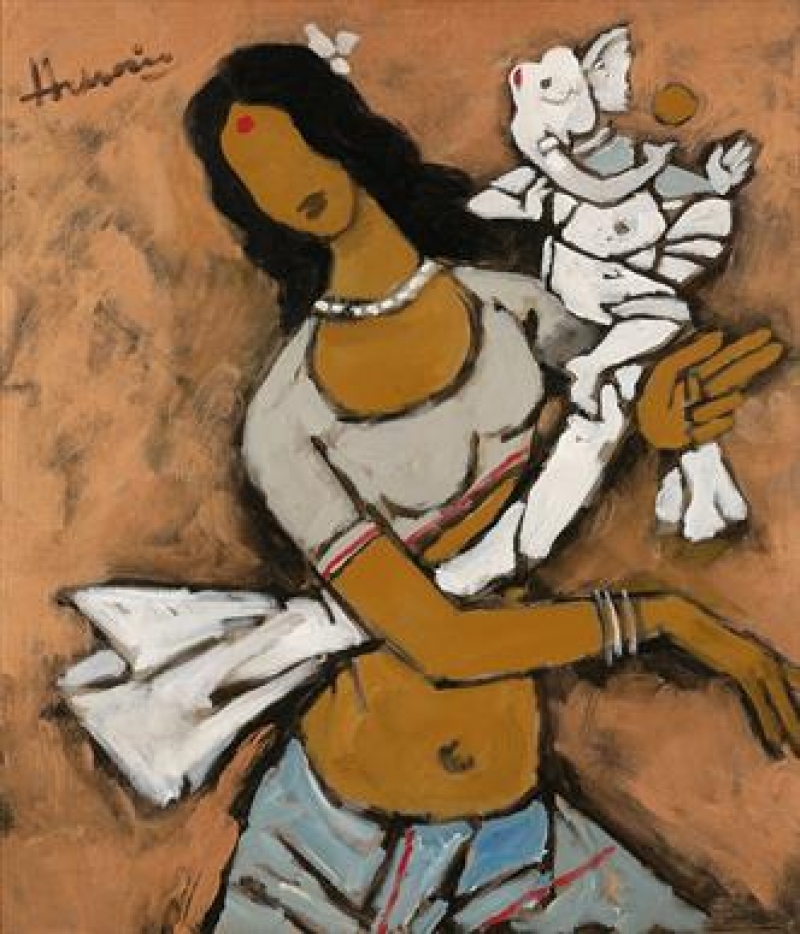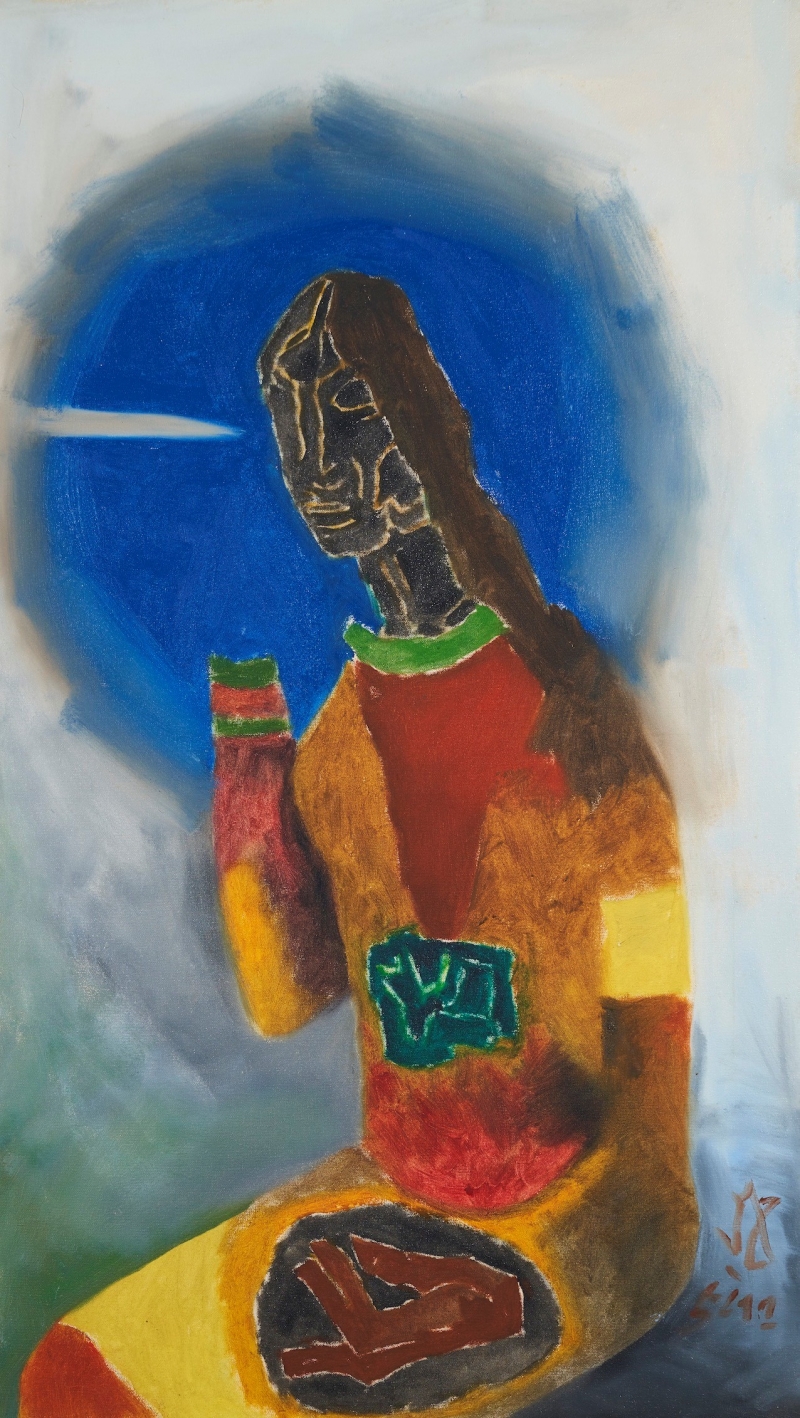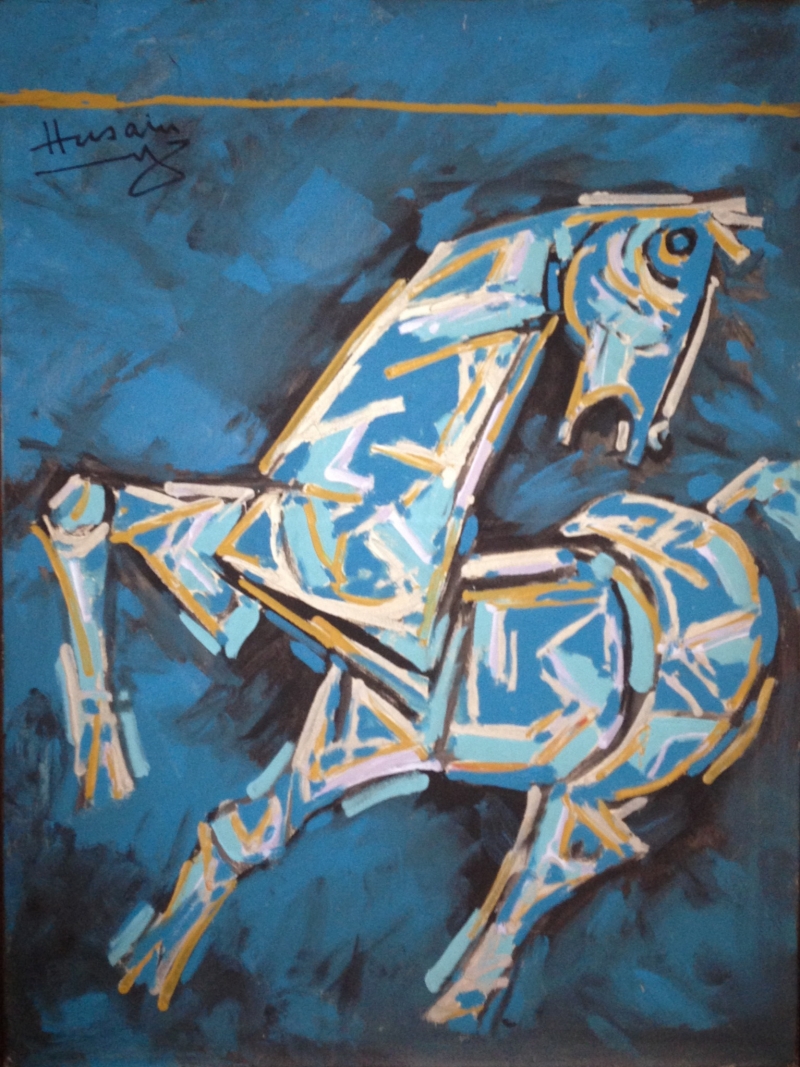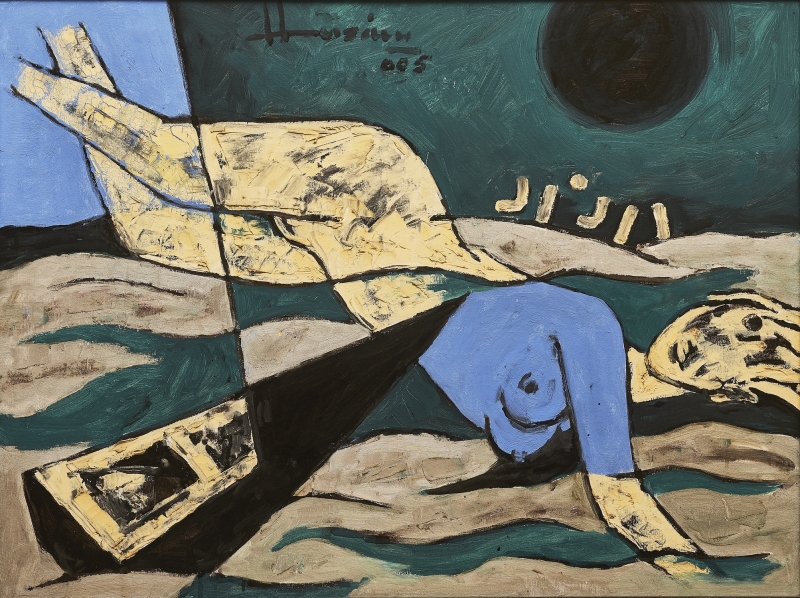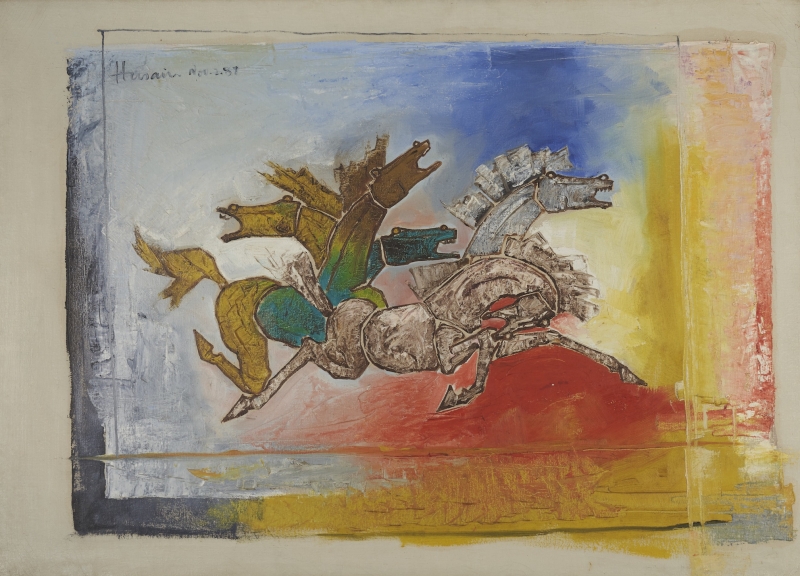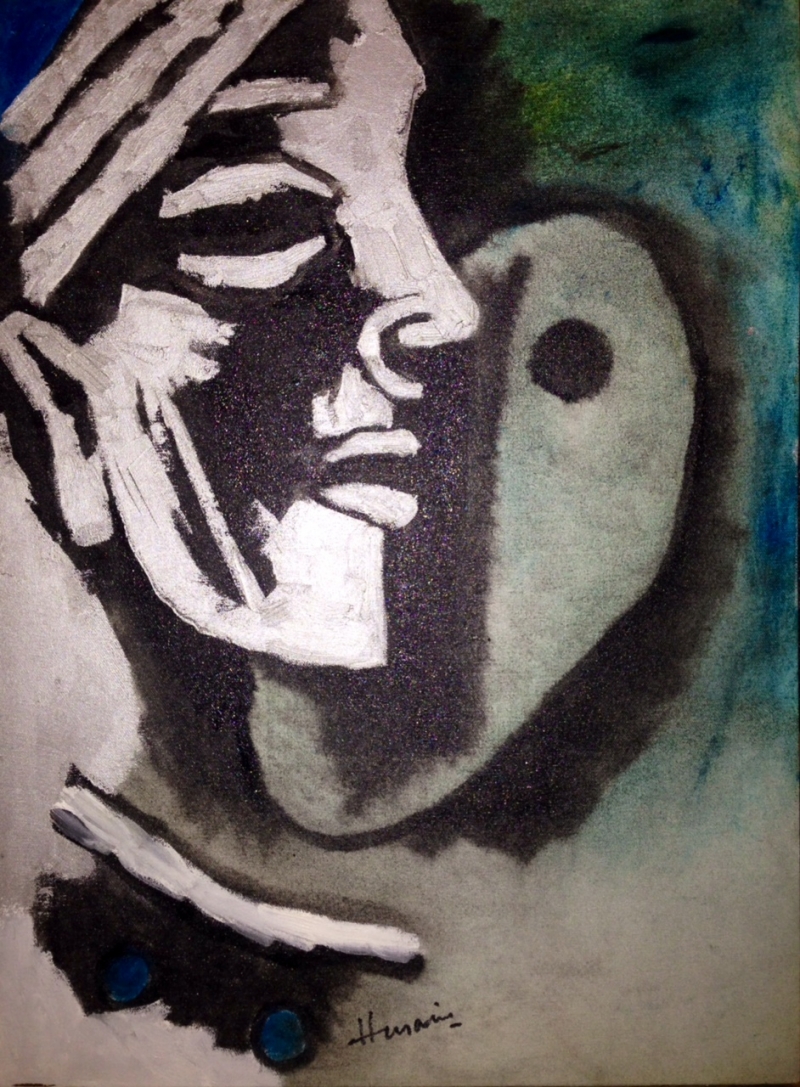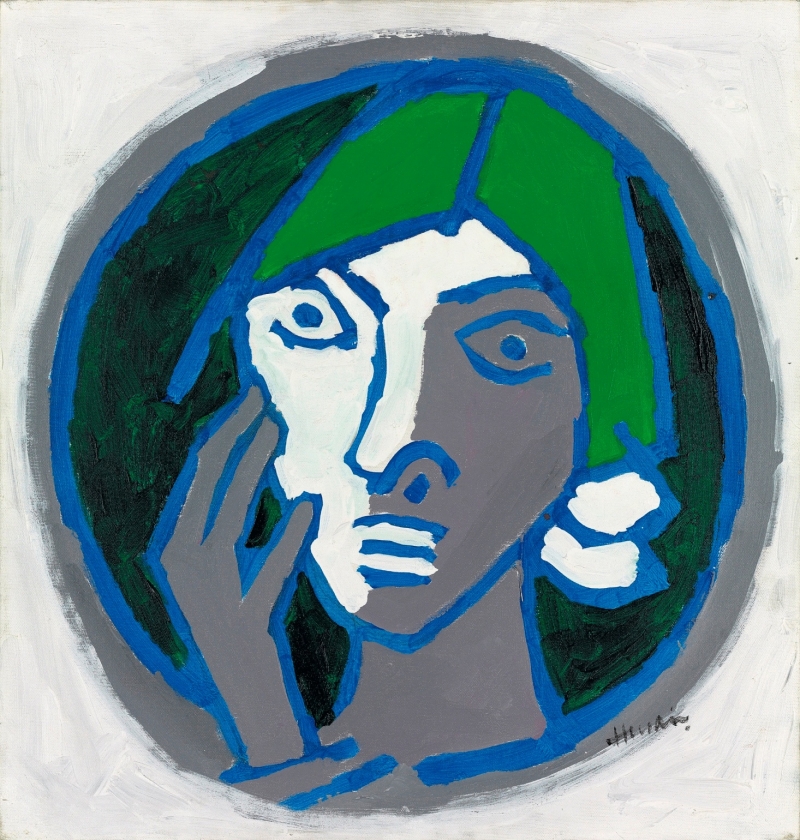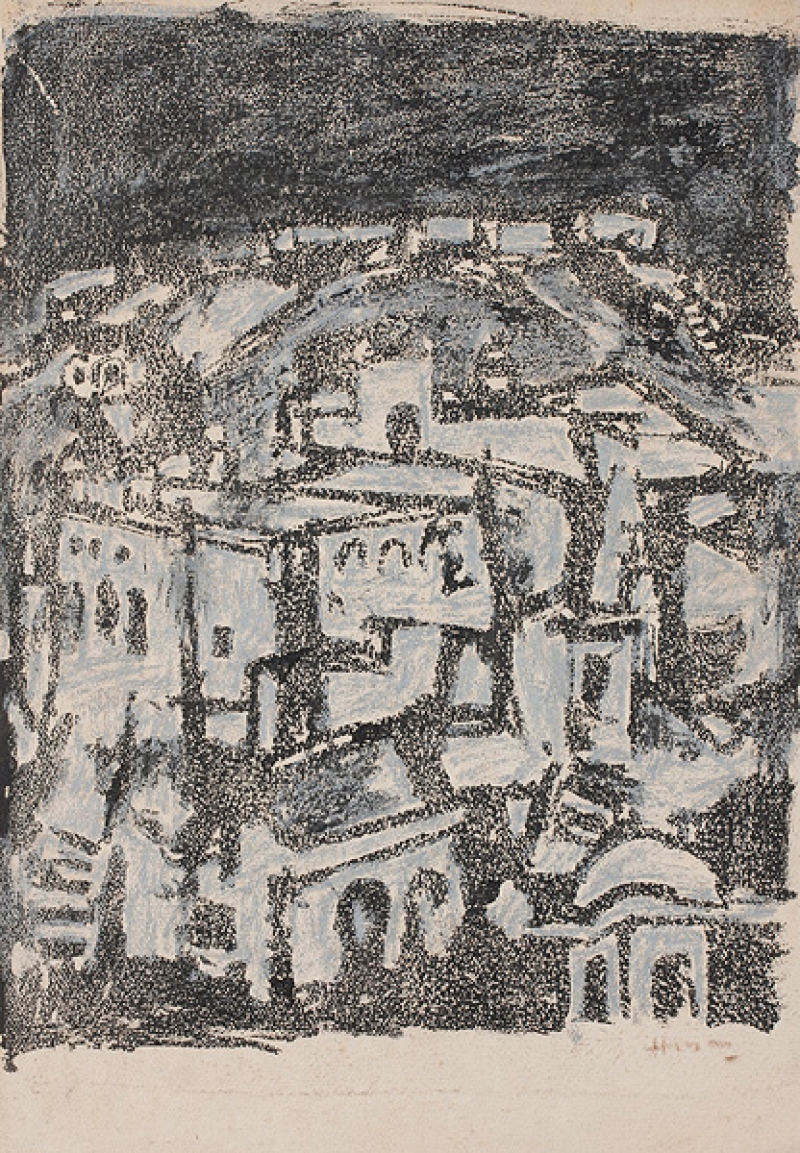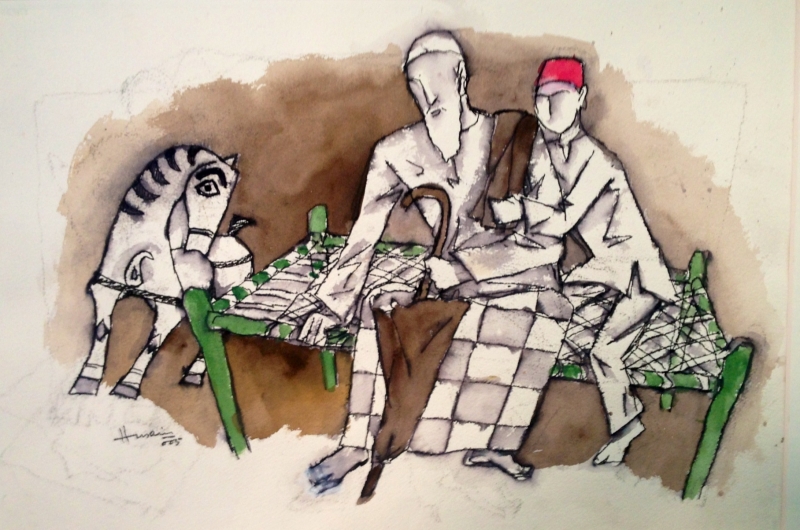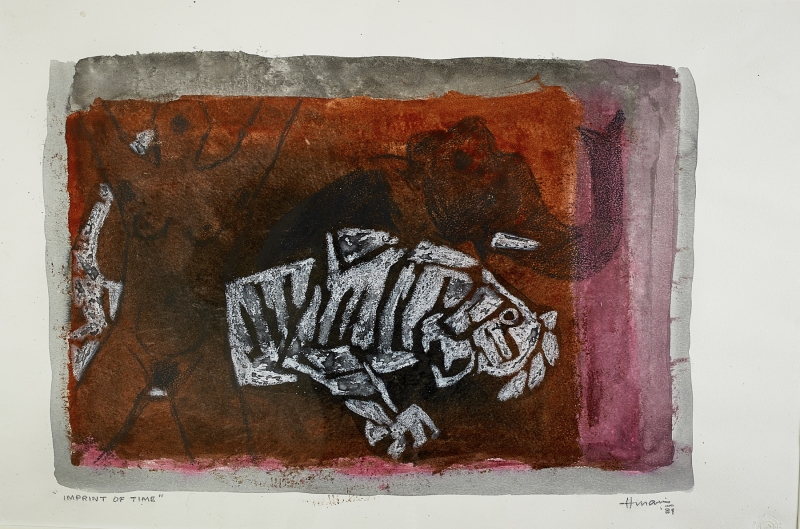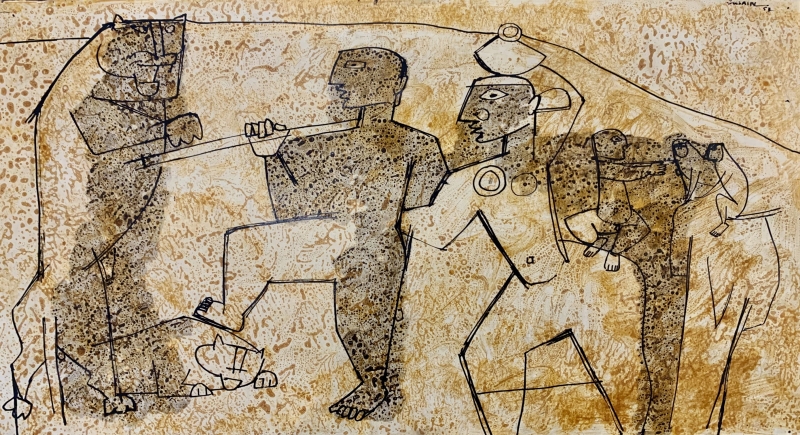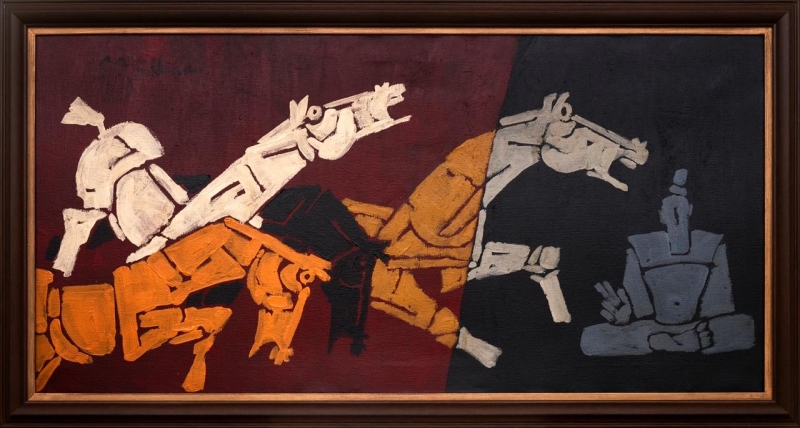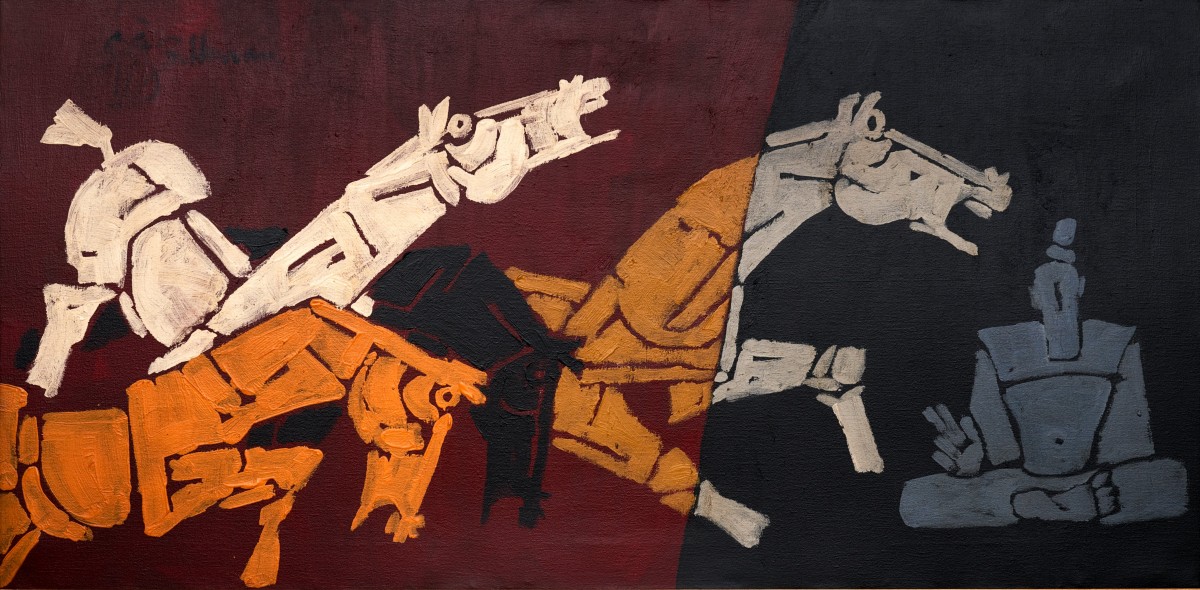
MAQBOOL FIDA HUSAIN
Akara Modern
1915 -2011
Maqbool
Fida Husain continues to be one of India’s most eminent artists. Born in
Pandharpur, he spent his early years in Indore. Husain began his career as a
painter of cinema hoardings after attending the Sir J. J. School of Art in
Mumbai. Using freehand drawing and vibrant colour, he depicted Indian subject
matter in the style of contemporary European art movements, particularly
Cubism. Interweaving religious and symbolic iconography with historic figures
and events, his paintings also incorporate memories from his life. A prolific
artist, he also made feature films.
His
paintings juxtapose the diverse elements constituting India and its identity,
from its disparate religions, poverty and wealth, and past mythologies to its
present political and socio-cultural issues. His works offer a glimpse into
parts of his life, from things he has known and things he has seen to things
that he wished he was part of and his perception of India. His art is also a
reflection of the literature he had read, the poetry he had consumed, and the
verses that he lived by. For Husain, India was his muse - the country was his
life, his first love, and a treasure trove of cultures, homes, sentiments,
faiths, and myths - all of which he tried to embody in his work.
M.F Husain’s
first serious work was exhibited by the Bombay Art Society in 1947. He was
honoured with the Padma Bhushan and the Padma Vibhushan awards by the
Government of India, both prestigious civilian awards. In 2007, Husain received
Honorary Doctorates from Benaras Hindu University, Jamia Millia Islamia
University, and Mysore University. Even today, his works are exhibited all
over the world and are in the collections of the Los Angeles County Museum of
Art, the National Gallery of Modern Art Mumbai and the National Museum of the
Islamic Art, Doha.
Images
